
International aid and development workers work in some of the most challenging contexts globally. They often work long hours in high stress environments far from family and with limited access to health and wellness services. Working in post-conflict, crisis and development contexts for the last 11 years, I’ve had to develop a self-care regimen to stay grounded and be able to work and live from a place of physical, mental and emotional intelligence.
Visiting my hometown in Northern California, often required 24 hours or longer traveling on planes to make it home for a visit. Being cramped on planes I was always keen to research and discover new self-care practices that were mobile, and that I could do anywhere.

Because their work entails working closely with communities affected by conflict and disaster, aid workers can often experience vicarious trauma, sometimes called secondary trauma which comes from listening to the stories of other affected by trauma, as well as burnout and empathy fatigue. Many also work in contexts where they also experience primary shock trauma, such as those working in Haiti during the Earthquake, Aceh, Indonesia during the Tsunami, or in countless of conflict environments where aid workers are directly targeted.
Exposure to these high stress environments often leaves aid workers continually up-regulated, living within in sympathetic dominance of their nervous system. Such high stress environments are not just found overseas, but are often a way of life for many working in corporate environments, law firms, and medical and law enforcement professions, such as ER doctors and nurses, EMTs, firefighters and police, as well as those working in caregiving professions, such as shelter staff, social workers, inter-city school teachers, etc.
We know up-regulation can have an immense impact on someone’s emotional and psychological wellbeing, often leading to burnout or empathy fatigue, but research has also linked it to high levels of inflammation in the body, which can in turn create other physical health problems. We also know that our physical and emotional experiences reside in the body, and in our fascia. This is where having your own personal self-care toolbox of practices and strategies for self-regulation, including stimulation of the vagus nerve (the 10th cranial nerve, main implementer of the parasympathetic nervous system), is extremely beneficial.
Creating a self-care regimen that cultivates interoception, awareness of one’s inner landscape, choice-making based on interoception, mindfulness, gratitude and empathy has been an important part of my self-care regimen to keep me grounded. Check back next week for part two where we explore specific practices and their effect on self-regulation as well as part three on how I have brought these practices to fellow aid workers!


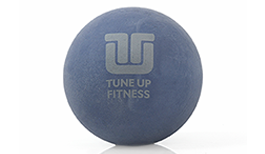

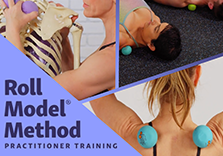



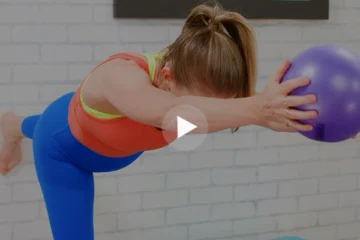
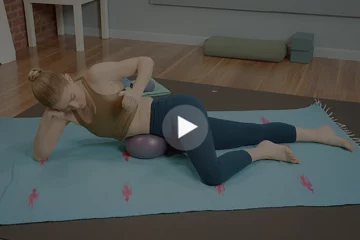
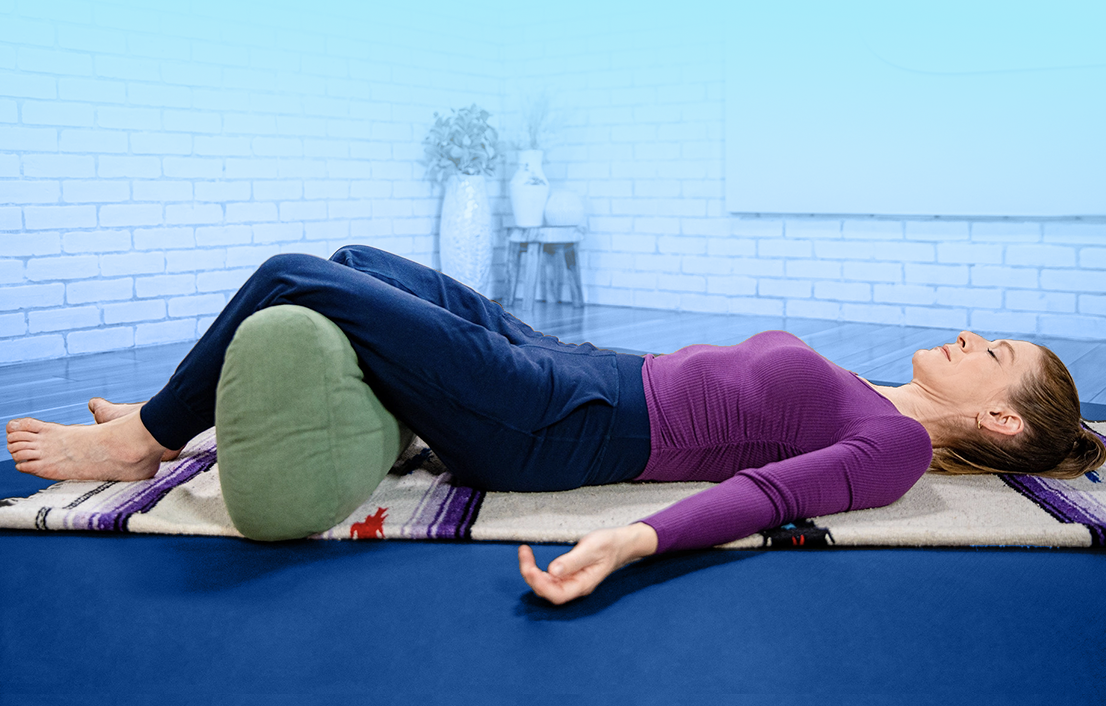
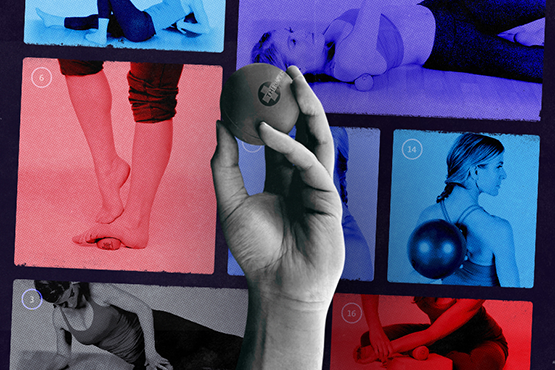
I haven’t ever really thought of vicarious trauma, but it makes so much sense. I will definitely be sharing this article to a few friends who work in the field. Thanks for this, Samara
This is a much needed post. As a veteran working with other combat veterans, this is my approach with the Role Model Method. It is about down regulation. Many studies have linked PTS and other up- regulating mental health diagnosis, are directly related to chronic pain as a result of always being up regulated.
This topic really resonated with me. I’m not, and never have been, an aid worker, but have been a regular volunteer for a non-profit organization that serves individuals and families that likely have experienced trauma. It is not only physically draining, but really made me tired emotionally as well. I loved volunteering, but to a point of burn out so I stopped. I didn’t know anything about self-care. I would love to start a program that focuses on self-care for volunteers at non-profits and I think introducing the Roll Model Balls is a great solution because they are portable, inexpensive and they can have an impact and be beneficial in short durations of use. The Roll Model Balls have really empowered me to take better care of myself even if for only minutes out of the day. Many organizations rely heavily if not solely on volunteers and they can’t afford volunteer burn out.
Thank you, referencing the vagus nerve peeked my interest, great article!
Self care is so overlooked in our stressful society and it is seen in our military service people who so often cannot deal successfully in daily life after they have served. Many people don’t even know how or that they should do self care. My husband is a teacher and because of what I’m learning with YTU balls has been dedicated to work on his feet, calves, hamstrings and upper back and neck to help him unwind and feel better.
Thanks you Samara for this post
I think it’s very important to take care ourself when we are far from home for work…
I a firm believer in self care regimens that turn you in to your inner landscape. This is so improtant living in Alaska as the winters are very long and self care regimens have been my savor in getting through all the darkeness. I also have cultivated this through ceremony practices that allow me to cultivate an inward journey. Traveling from Alaska is always a tough flight and I’ve learned to bring my YTU balls along everywhere I travel. It’s always a great talk with those who have never seen such a thing it gives me an opportunity to share the gift or self care.
Thanks for this post Samara, it is very wise. I’m realizing more and more how important self-care is and how badly we need to activate our parasympathetic nervous systems to order to release the emotional stress that translates itself into physical stress and illness. I like how you included some more common professions along with aid workers dealing with trauma in areas of global conflict. Whatever the scale, stress can be a very real problem for many, and finding a way to expel it is vitally important.
I keep reading these posts and each time finding a new little gem. Holding so much trauma in my body, and not realizing I was in constant up regulation in my fight or flight parasympathetic nervous system is a new discovery for me. I mean, I knew I felt trapped inside, but didn’t realize it was something I could fix outside of trying to find mental peace. A physical aid can help the soul. I live on a sailboat and not only is my body constantly sensing how to balance while standing, but I have seemed to have lost control over my own body with this over flow of locked tension. I am also figuring out how to best use the balls in small areas, like my boat. This is something that will be so beneficial for my oldest daughter. At 13, she is growing fast and trying to figure out how to move her body as it changes. It’s not a natural feeling for her and she holds so much in her body. I can’t wait to help her. I’d love to hear more about using the balls in small spaces. I’m gonna have to stick with that sentence haha.
You are so right that self care seems to be a low priority for those in positions of caring for others. For more than 20 years, I have been involved in a program that provides support during grief recovery. One of the basic conditions of working with the program is to have a self care regimen. I am excited to share what I learn in Yoga Tune-Up with others in the program to further enhance their toolbox.
Self care often seems to be a low priority for those in positions of caring for others. I have been in a program that provides support during grief recovery for more than 20 years. One of the basic conditions of working with the program is to have a self care regimen. I am excited to share what I learn in Yoga Tune-Up with others in the program to further enhance their toolbox.
I totally agree that stress weakenes our bodies and can lead to physical illness. I used to work as a highschool teacher and prepare students for provincial exams . Those exams happened twice a year and each time as soon as exams were over I got sick. To be more specific those were the only times when I was catching viruses.
Now I am more physically active and less exposed to stress and can’t remember when was the last time I caught a virus. Although, I am still working with kids, best source of viruses.
This is a fantastic post. I also am in a high stress environment and on the road all the time and find myself in a highly up-regulated state for most of my time. I am going to be working at setting aside actual time slots for giving myself a chance to actually down regulate for a decent length of time. I also have found that I have a large amount of blind spots in in my body that Giving myself some down regulation time and time to look inside myself will most definitely help. Thank you for a great post.
Thank you for this.
I have found the practice of specific intention setting very helpful in working with those who are in highly upregulated states from continual stress and have and/or feel they have time constraints on self care. I look forward to hearing your insights in the next post.
I am an avid believer in expanding one’s self-care tool box to support personal well-being. As a healthcare professional, I use YTU to care for my body to ensure I have the physical and emotional resilience to take care of others. Empathy can seem in short supply these days, and it stands to reason that our bodies are not designed to live at this high frequency of stress without deleterious effects to our overall well-being; it’s one of the reasons I am pursuing my teaching certificate with YTU. I’d like to share the positive effects of down-regulation and self-care with a broader audience. I look forward to hearing more about your experiences Samara.
-Jayme
One of the reasons I was/am so attracted to Yoga Tune Up is because it is so portable and that it takes you to a whole other level of awareness of your body. Awareness of our internal selves both from a physical as well as a mental perspective is only going to become more prudent in our fast paced world. Mindfulness practices are key to preventing as well as releasing tension in our bodies and minds. Thank you for this post – it is so important. I look forward to reading about the specific practices for self care!
Dear Samara,
I am so happy to hear that you are going to be talking about ways to more specifically address this issue. I work in the healthcare field and it doesn’t take long to experience or see fellow colleagues going through the same patterns of burnout. It is a real issue that unfortunately doesn’t get addressed until it’s ignored for sometime. Personally, I have realized that listening to your body is important and if you ignore small signals, it will start to give louder signals until it forces you to pay attention. I look forward to what tools you have!
Thank you
Salil
I have discovered in the past several years just how important it is to have and maintain self-care practices. It is so beneficial! Since I’ve read about and practice mindfulness, I have noticed a big difference in how I handle myself in daily activities and the practice of meditation and breathing exercises has made a difference in my level of anxiety. Im now learning how these practices have an effect on interception. Im excited to see what you suggest in part 2 for specific practices.